The Grand Budapest Hotel (2014)
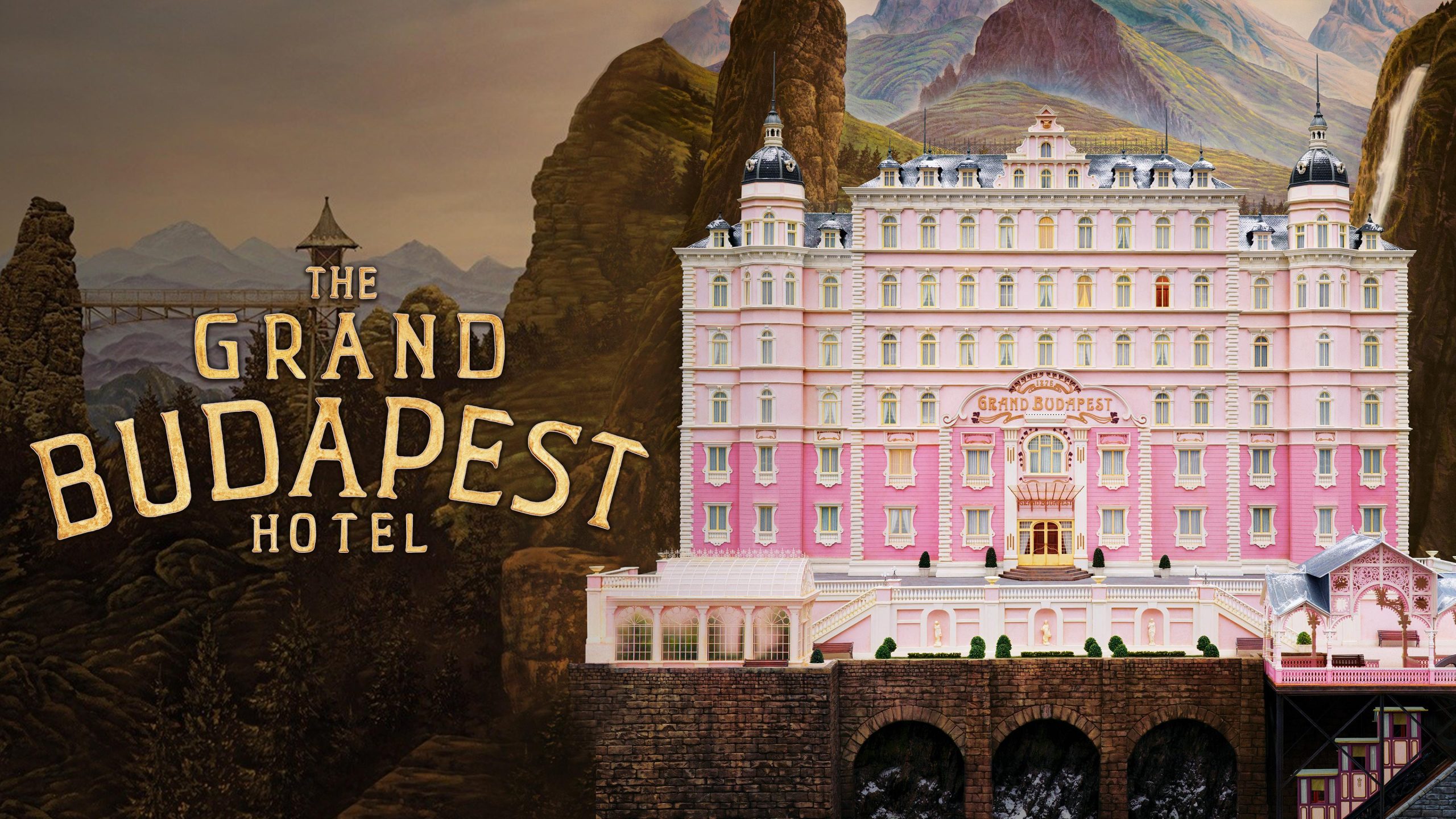
The Grand Budapest Hotel (2014) is not only a visually stunning film but also a poignant commentary on the passage of time, the fragility of culture, and the changing face of Europe in the pre-World War II era. While the film’s story unfolds with playful absurdity, there is an undercurrent of sadness that underscores much of the narrative. The decline of the hotel serves as a metaphor for the decline of an era—a time of opulence, civility, and old-world charm that is slowly being eroded by political instability, corruption, and war. The grandeur of the hotel, once a symbol of luxury and class, is now fading, just like the world that created it. This thematic layer gives the film a melancholy undertone, one that reflects Anderson’s deep understanding of history and how cultural shifts often leave behind things that cannot be recovered.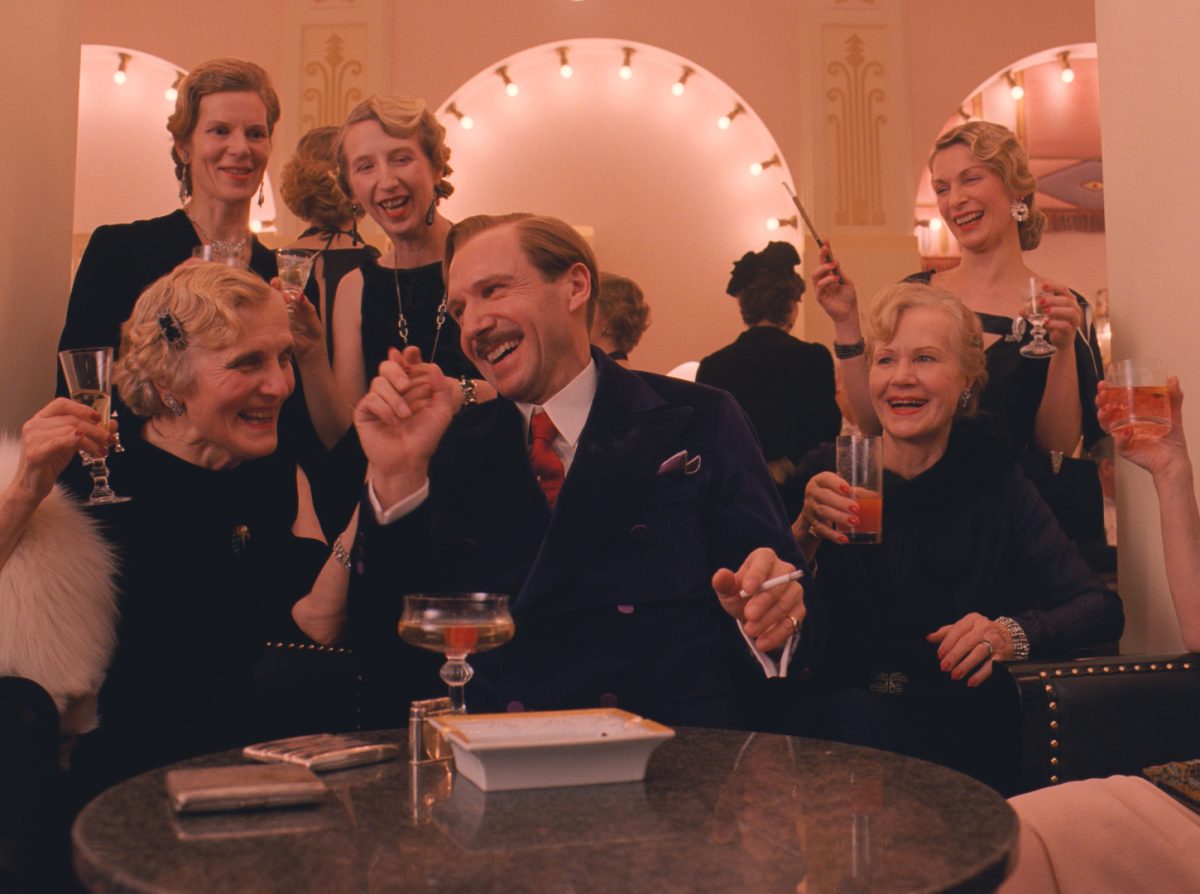
The relationship between Gustave and Zero is at the heart of the film, and it is this bond that elevates the story from a whimsical caper to something more emotionally resonant. Their friendship, built on a shared sense of duty and an understanding of the value of loyalty, transcends the absurd circumstances they find themselves in. Gustave is a man of principles, dedicated to his work as a concierge and to the hospitality he provides to his guests. His deep respect for the finer things in life—art, culture, and personal integrity—forms the core of his character. Through his interactions with Zero, we see how loyalty is passed down like a cherished heirloom, even amidst turmoil. Zero, the film’s narrator, is both a young idealist and a wise old soul, as his youthful enthusiasm gives way to a deeper understanding of life’s complexities and the cost of honor. The film’s emotional core lies in how Zero’s journey mirrors the fading world of the Grand Budapest itself—a world that he comes to understand and protect, even though he knows it’s slipping away.
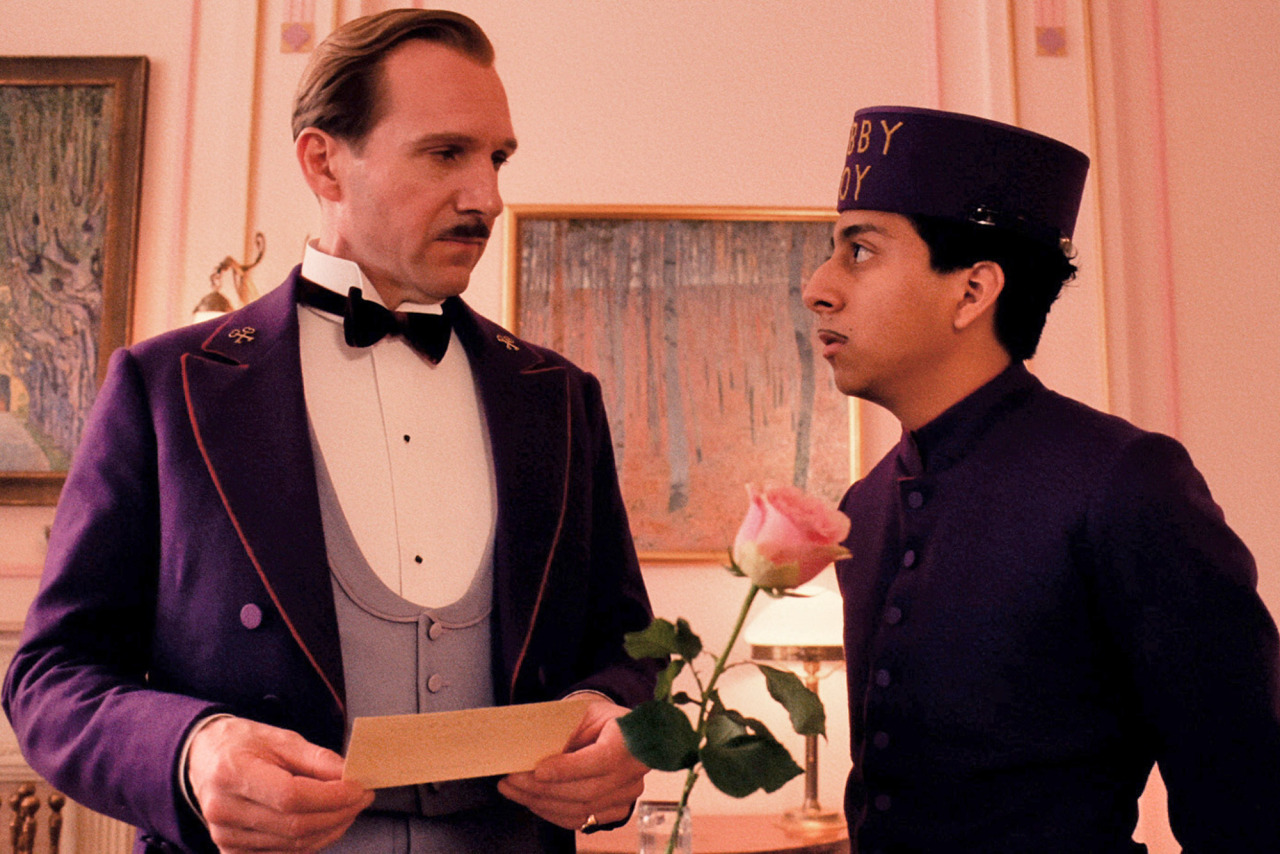
Anderson’s use of color, symmetry, and visual storytelling is unmatched, turning each frame into a meticulously crafted work of art. The hotel, with its vivid pinks, reds, and golds, feels like a living, breathing entity, full of charm, character, and history. Each room and hallway holds a story, and Anderson’s decision to use miniatures and practical effects adds to the film’s surreal quality, evoking a sense of nostalgia for a world that once was. The way the characters move through these spaces—navigating the labyrinthine halls of the hotel, racing through its grand corridors—is not just a visual delight but also a way for Anderson to convey the passage of time and the shifting nature of the hotel’s legacy.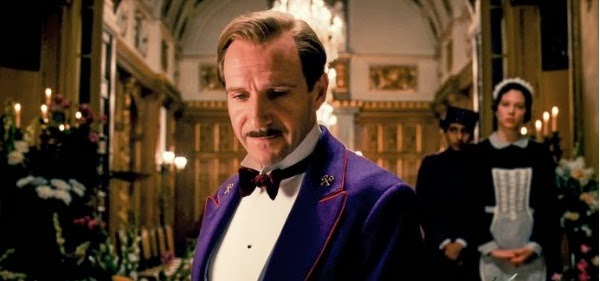
The ensemble cast, including Tilda Swinton, Jeff Goldblum, Willem Dafoe, and Bill Murray, brings a remarkable range of energy to the film, with each actor contributing something unique to the film’s eccentric tapestry. Their brief but impactful roles punctuate the narrative with humor, suspense, and charm. Swinton’s portrayal of the aged Madame D. is both comical and tragic, embodying the delicate balance of the film’s absurdity and underlying pathos. Dafoe’s sinister character, Jopling, serves as a dark counterpoint to the film’s otherwise whimsical tone, adding an edge of danger to the otherwise lighthearted narrative.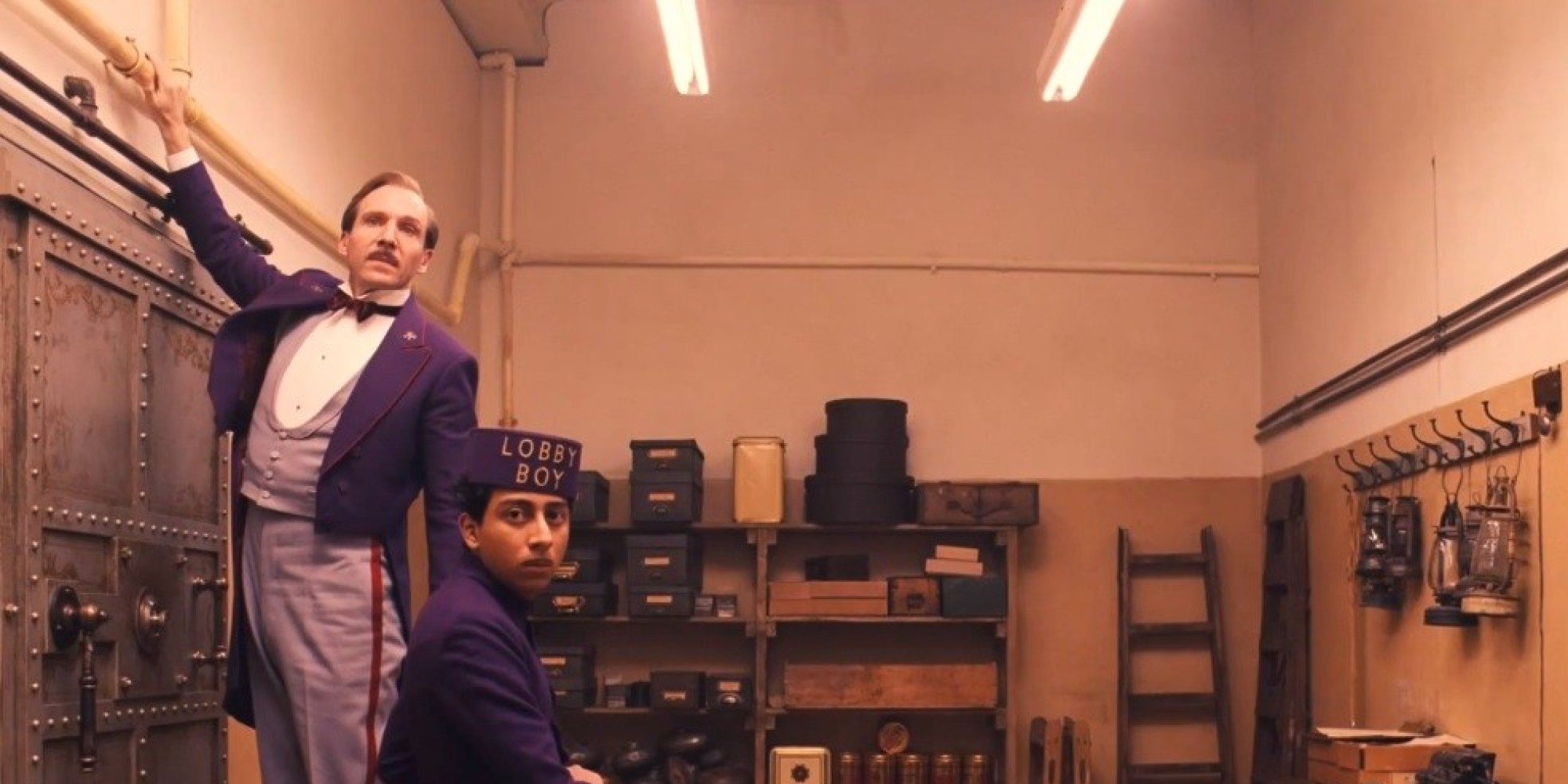
At its core, The Grand Budapest Hotel is an exploration of the ephemeral nature of beauty, power, and tradition. While the film is full of humor and vibrant color, there’s a constant sense of inevitability—the world that Gustave and Zero inhabit is rapidly changing, and they are powerless to stop it. Their world, once so full of life, is now fading into memory, much like the old Europe that inspired it. Anderson’s film allows us to witness the passing of an era through the eyes of its characters, giving the audience a bittersweet reflection on what is lost when time moves on.
In the end, The Grand Budapest Hotel is more than just a tale of a stolen painting or a hotel caught in the midst of a war. It is a film about the enduring nature of friendships, the fleeting beauty of culture, and the passage of time. Wes Anderson’s ability to mix whimsical humor with deeper emotional themes allows the film to stand out as one of his finest works—a cinematic treasure that is as visually captivating as it is emotionally resonant. Its legacy endures because of its combination of stunning artistry, rich storytelling, and its ability to evoke nostalgia for a world that, like the Grand Budapest Hotel itself, may never return.











